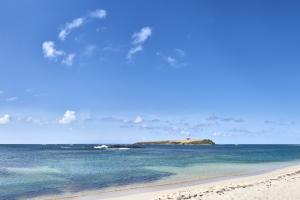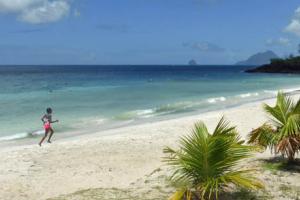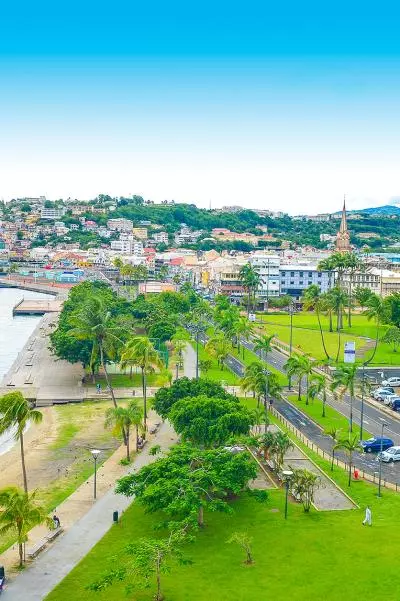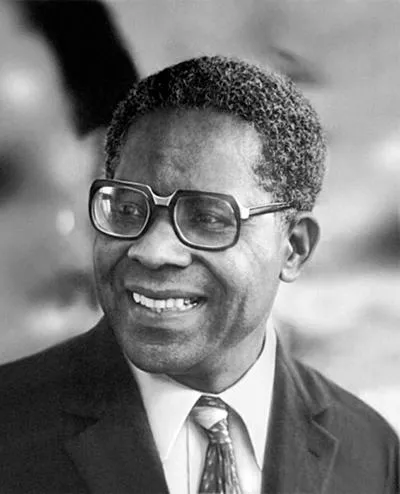Born in July 1925 in Fort-de-France, Frantz Fanon studied at the Lycée Schoelcher while Aimé Césaire was teaching literature there.
In 1943, at the age of 18, he joined General de Gaulle's Free French Forces. He suffered racism during this time, but continued to fight courageously for the liberation of France.
After the war, Frantz Fanon returned to Martinique, where he obtained his baccalauréat. He was then awarded a scholarship and began studying psychiatric medicine in Lyon, while continuing to study literature and philosophy.



















